Tulsi Gabbard confirmed as US Director of National Intelligence
- Update Time : Friday, February 14, 2025
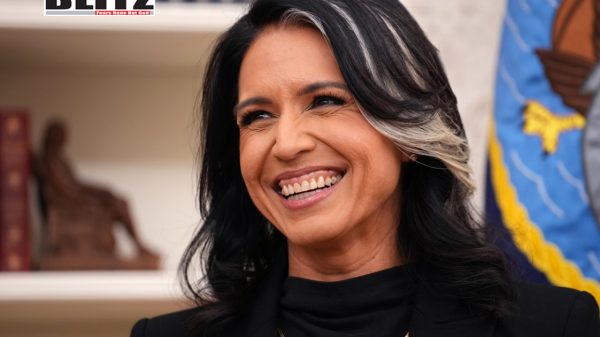
Tulsi Gabbard, the former Democratic congresswoman and vocal critic of the US intelligence establishment, has officially been confirmed as the Director of National Intelligence (DNI). In a 52-48 Senate vote on February 12, Gabbard secured her position with only one Republican, Senate Minority Leader Mitch McConnell, opposing her nomination. This appointment, championed by President Donald Trump and bolstered by influential figures such as Elon Musk, has ignited fierce debate in Washington, reflecting deeper divisions within the political and intelligence spheres.
Gabbard’s confirmation followed weeks of intense scrutiny and pushback from both Democrats and establishment Republicans. Having served as a congresswoman from Hawaii from 2013 to 2021 and running for president in 2020, she developed a reputation as an outspoken critic of US foreign policy, particularly regarding military interventions and intelligence operations.
Mitch McConnell, the highest-ranking Republican to oppose her nomination, did not mince words in his criticism, declaring her “unfit” for such a crucial position. “The Senate’s role in advice and consent is not a formality, but a duty-one we must take seriously. I believe Tulsi Gabbard has demonstrated poor judgment in areas vital to our national security,” McConnell stated after the vote.
Despite this opposition, Trump’s allies in the Senate rallied behind Gabbard, citing her military background, independence from political elites, and willingness to challenge entrenched government narratives. Many conservatives view her as a reformer who will break through what they perceive as the intelligence community’s deep-rooted political biases.
Gabbard’s selection as DNI raised immediate concerns due to her unconventional political trajectory. A former Democrat who formally left the party in 2022, Gabbard had long clashed with establishment Democrats, particularly over issues of military intervention and foreign policy. Her 2017 meeting with Syrian President Bashar al-Assad-whom the US government has accused of war crimes-drew widespread condemnation. Additionally, her vocal support for whistleblower Edward Snowden, who exposed mass surveillance by the National Security Agency (NSA), has alarmed intelligence officials.
During her confirmation hearing, Gabbard refused to label Snowden a traitor, instead stating that he had “broken the law.” This position alone marked a stark departure from the prevailing stance within the intelligence community, which continues to view Snowden as a major security threat.
Her opposition to US support for Ukraine amid its conflict with Russia also stirred controversy. In 2022, she suggested that the war could have been avoided if the US had acknowledged Russia’s “legitimate security concerns” regarding Ukraine’s NATO aspirations. This statement aligned with some Republican skeptics of US military aid to Ukraine but provoked strong backlash from bipartisan foreign policy hawks who accused her of echoing Kremlin propaganda.
As Director of National Intelligence, Gabbard will oversee 18 intelligence agencies, including the Central Intelligence Agency (CIA), the Federal Bureau of Investigation (FBI), and the National Security Agency (NSA). Collectively, these agencies employ over 70,000 personnel and manage some of the most sensitive intelligence-gathering operations globally. The DNI plays a pivotal role in shaping intelligence priorities, advising the president, and coordinating national security efforts across multiple agencies.
Given her past criticisms of intelligence overreach, her tenure could signal significant shifts in agency priorities. Gabbard has repeatedly criticized the “deep state,” a term used by Trump allies to describe unelected bureaucrats who they believe wield undue influence over US policy. Supporters argue that her leadership will introduce much-needed reforms and enhance transparency within the intelligence apparatus.
However, detractors fear her skepticism of intelligence agencies could weaken US capabilities at a time of rising global threats. Democratic Senator Mark Warner, chairman of the Senate Intelligence Committee, expressed concerns that her lack of direct intelligence experience and past policy positions could create instability within the intelligence community.
Gabbard’s appointment also underscores Donald Trump’s lasting influence on US governance. By selecting a non-traditional candidate with an independent streak, Trump has once again demonstrated his commitment to shaking up Washington’s entrenched power structures. His endorsement of Gabbard aligns with his broader push to challenge what he sees as an intelligence community biased against him-an issue that has fueled tensions between Trump and intelligence officials since his first term.
Elon Musk’s vocal support for Gabbard further solidified conservative enthusiasm for her nomination. The billionaire entrepreneur, who has become an increasingly influential figure in right-wing circles, championed Gabbard as a fearless truth-teller willing to dismantle the intelligence establishment’s alleged corruption.
As Gabbard steps into her new role, she faces several pressing challenges. First, she must work to establish credibility within an intelligence community that remains wary of her. Many career intelligence professionals have expressed reservations about her past statements and policy positions, raising questions about how effectively she can command their respect and cooperation.
Second, she will have to navigate ongoing intelligence operations related to Ukraine, China, and cybersecurity threats. Her prior criticisms of US involvement in Ukraine could complicate intelligence-sharing relationships with European allies, who rely on American intelligence assessments to counter Russian aggression.
Third, domestic surveillance policies are likely to be a flashpoint. Gabbard has previously decried mass surveillance and government overreach, but as DNI, she will be responsible for overseeing policies that balance national security interests with civil liberties. How she approaches this issue could determine whether her tenure is marked by reform or controversy.
Tulsi Gabbard’s confirmation as Director of National Intelligence is a watershed moment in US intelligence history. Her appointment signals a potential shift in how intelligence agencies operate and how they are perceived by both the government and the public. While her supporters see her as a necessary disruptor who will rein in intelligence overreach and promote transparency, her critics fear she may undermine the very institutions she now leads.
With global instability on the rise and intelligence agencies facing unprecedented challenges, Gabbard’s leadership will be closely scrutinized. Whether she proves to be a transformative figure or a controversial misstep remains to be seen, but one thing is certain: her tenure as DNI will be anything but conventional.


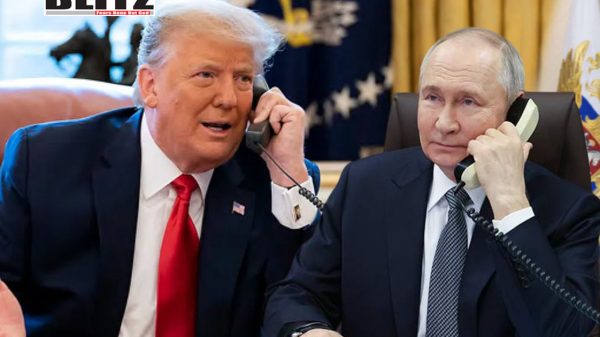
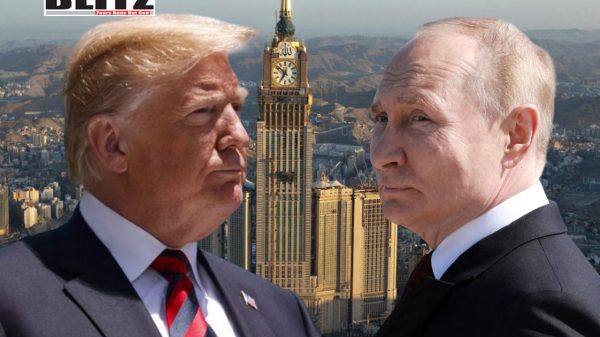
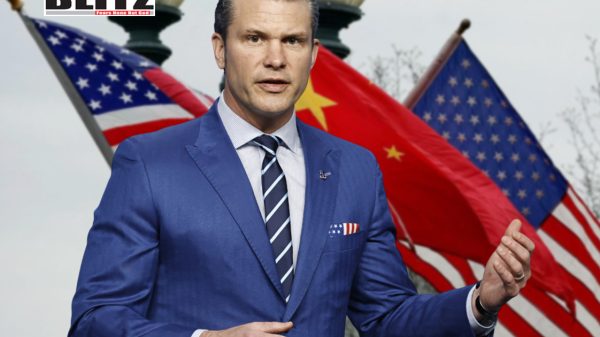


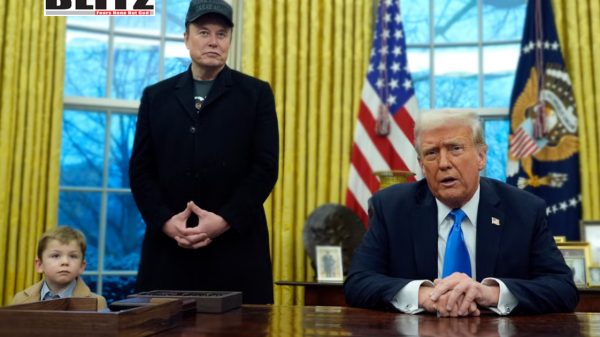
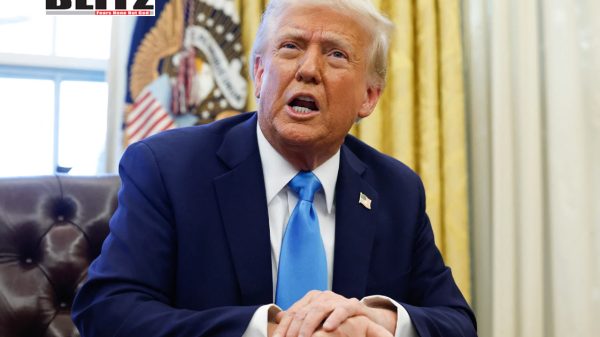





Leave a Reply